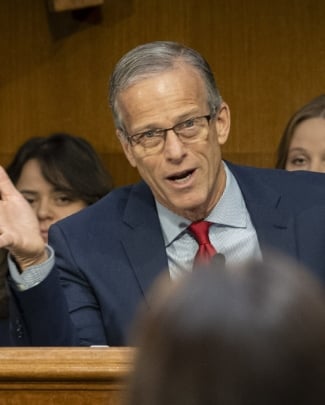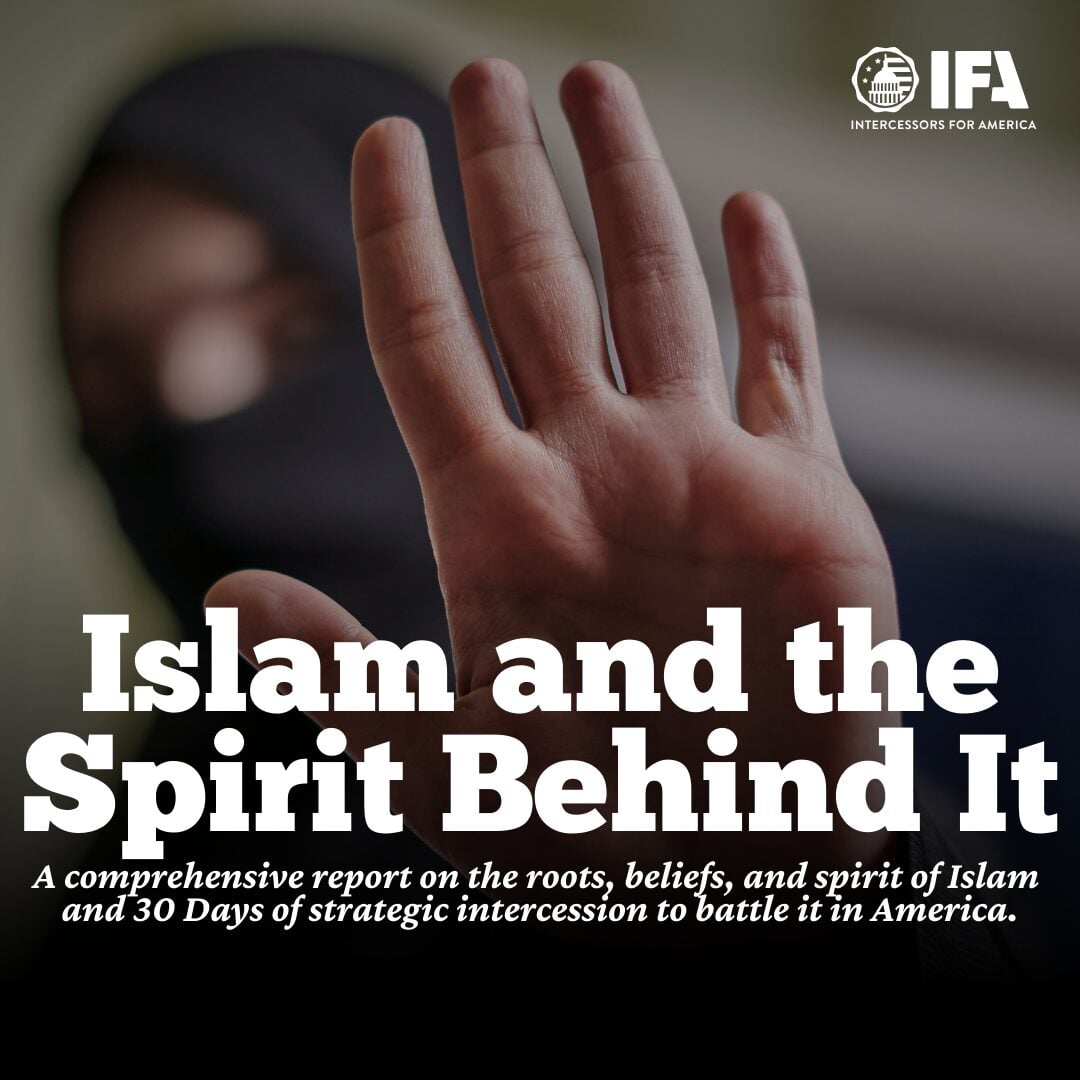Jewish and Israeli refugee and humanitarian aid organizations supporting these populations find themselves charting unknown territory, swiftly adapting to the
constantly changing health situation, deteriorating economic conditions, and tightened restrictions on freedom of movement in every country.
Greek refugee camps are on lockdown, with the UNHCR or national authorities only allowing medical and food distribution workers to enter. This forces all other international and local aid workers to devise other ways to continue to provide regular services, while taking steps specifically targeted at limiting the spread of the coronavirus.
American, Israeli, and international workers usually based in refugee hot spots have been required to evacuate to their home countries and work remotely, using technology to the extent possible.
“This is different from anything we know. It’s a shifting global phenomenon, so it is hard for us to focus and prioritize,” said Yotam Politzer, CEO of IsraAID, an Israel-based international non-governmental organization that has worked in emergency and long-term development settings in more than 50 countries. At this time it has 14 active missions worldwide.
The challenges posed by the pandemic within refugee, IDP, and asylum seeker communities are myriad. A lack of access to clean water, sanitation facilities and soap is just the beginning. As an example, Moria, the largest refugee camp on Lesbos, Greece, was built for just over 3,000 people. It is now inhabited by 20,000, and reportedly has one water tap per 1,300 people, one toilet per 167 and one shower per 242.
“There is little access to water at Kakuma,” said Annet Apio, IsraAID’s country director for Kenya and Uganda, about the Kakuma Refugee Camp and Kalobeyei Integrated Settlement in northwest Kenya. The camp houses 194,000 refugees, mainly from South Sudan. IsraAID runs three child-friendly resource centers at Kakuma.
“Access to soap and hand sanitizer is a luxury in a place like that. And people need to line up to access clean water, so it is all but impossible to enforce social distancing,” said Apio from her home in Nairobi, where she is working remotely because of the pandemic.
To try to alleviate the problem, IsraAID is working with local partners to set up additional hand washing stations. Other Jewish aid organizations are also working through their partners on the ground toward providing increased access to fresh water, soap and sanitizer for various refugee communities.
“We do a lot of work with asylum seekers at the US southern border. People forced to wait on the other side of the border in makeshift encampments in Mexico are living in tents with poor sanitation and hygiene, causing them to be at higher risk for exposure to the virus,” Nezer said.
Lack of clear information
Whereas Westerners have been bombarded with COVID-19 prevention information and updates through the media, the opposite is true for many refugee populations. Some refugee camps, such as Kakuma — a 16-hour drive from Nairobi — are extremely remote. Although almost all refugees in Europe have smartphones and some internet access, many elsewhere do not. Even among refugee families in Europe, not all members have phones, and many do not own laptop computers.
Samantha Wolthuis, director of humanitarian response and international operations at American Jewish World Service (AJWS), emphasized the importance of trust in the dissemination of information about the virus and infection prevention. AJWS, a disaster response and human rights NGO, supports 487 social change organizations in 19 countries. It supports refugees and internally displaced persons in several countries, including Sri Lanka, Kenya, Uganda, and Myanmar. In Indonesia, it works with internally displaced persons.
“When working with refugees and internally displaced persons, we work with trusted local organizations, many of which are managed by refugees or internally displaced persons and led by activists who have roots in these communities,” AJWS’s Wolthuis said. “Because these organizations are led by members of the refugee community, they are trusted to disseminate information and identify the needs of their communities. This is particularly critical when the spread of misinformation is rampant and trusted messengers are in shortly supply.”
AJWS has prepared a COVID-19 educational toolkit on hygiene, social distancing, symptom monitoring and how to care for sick relatives. The toolkit has been translated into seven languages: Bahasa Indonesia, Burmese, English, French, Kreyol, Rohingya and Spanish. AJWS’s local partners are disseminating the information by deploying community health volunteers from within the refugee communities, through local radio broadcasts, via social media, and by loudspeaker announcements in the refugee camps.
Notwithstanding efforts to educate about avoiding contagion, once the virus enters refugee camps, it will run rampant and likely sicken and kill untold numbers.
“If we think this is a big issue in the US and Europe, we haven’t seen anything yet if COVID gets into the refugee population,” Adam Coutts, a public health researcher at Cambridge University, told The New York Times. Coutts believes that the virus has already infiltrated some refugee camps. The camps and their host countries are ill equipped to handle outbreaks. diapers, and infant formula as families are unable to pay for these things due to widespread job loss,” said Fisher, who is working round the clock with fellow volunteers to meet the needs. . .
(Excerpt from The Times of Israel. Article by Renee Ghert-Zand.)






Comments
No comments have been posted yet; you can be the first!